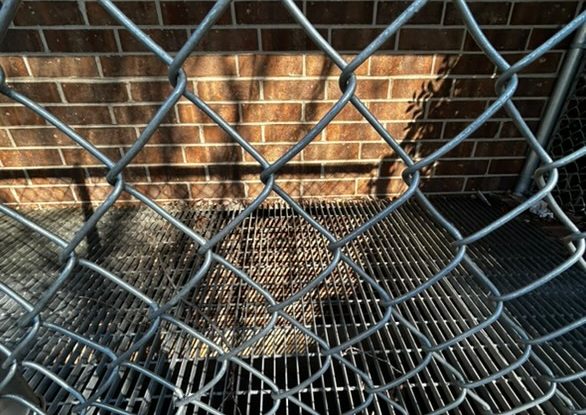
Students at Athens Drive have to be in class by 7:25 every morning. To get ready and be in class on time, students typically wake up between 5:00-6:00 and it’s not so easy to manage waking up that early. Some students have jobs and responsibilities outside of school, overall they have a lot of weight on their shoulders. At a certain point over time, it all gets draining. In return, students are resorting to energy drinks that provide them with the energy they need to keep themselves going, but at what cost does it come with?
Most energy drinks typically contain large amounts of caffeine, added sugars, additives, and legal stimulants like guarana, taurine, and L-carnitine. These stimulants have been advertised to increase alertness, attention, and energy, as well as an increase in blood pressure and heart rate. Energy drinks may enhance alertness and improve reaction time, but although those may seem nice there are definitely some negative effects. These drinks may also reduce the steadiness of the hands, and cause the body to become more shaky.
While it’s true that some controlled trials have linked energy drinks to short-term improvements in alertness and exhaustion reversal, as well as improved physical performance among young athletes, most research indicates adverse health impacts. These impacts come with a cost though, they include elevated blood pressure, heightened stress levels, aggressive actions like the urge to fight, and overuse of alcohol, and tobacco. Having a higher chance of obesity, type 2 diabetes, poor sleep, and stomach irritability are also common side effects.
More than two out of three high school-aged adolescents aren’t getting enough sleep, and the situation seems to worsen. Among high school students, 72.7% reported insufficient sleep, with about 20% reporting sleeping fewer than six hours a night. The percentage of high school students who reported getting sufficient sleep dropped from 30.9% to 27.3%. Between 2009 and 2015 students, 72.7% reported insufficient sleep, with about 20% reporting sleeping fewer than six hours a night leading more students to resort to drinking more energy drinks to compensate for their lack of sleep.
When caffeine-sensitive people consume too much in one day, especially from multiple beverages, they may experience anxiety, sleeplessness, hypertension, irregular heart rate, anxiety, and in rare instances, seizures or cardiac arrest. There are energy drinks that vary from Rockstar’s unplugged with 80 milligrams and Tube Shot Energy Shot having a whopping 666.7 milligrams of caffeine.
While adults can safely consume up to 400 mg of caffeine daily, kids under the age of 17 should consume far less because their bodies are more susceptible to the substance. It is recommended that teenagers consume no more than 100 mg of caffeine each day for optimal growth and general health. According to the Alcohol and Drug Foundation if a person is regularly consuming these drinks it can lead to “Longer-term issues including type 2 diabetes, obesity, and tooth decay.” These are just some of the longer-term effects. Also according to the ADF “While drinking energy drinks is common among young people, damaging effects like headaches, insomnia, tiredness, irritability, stomach aches and hyperactivity.”
Ultimately whenever you need to study for a test late at night and need some extra energy to focus up on that English essay you’ve been putting off for weeks, consider the side effects and consume energy drinks in moderation as well.






